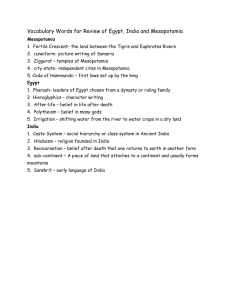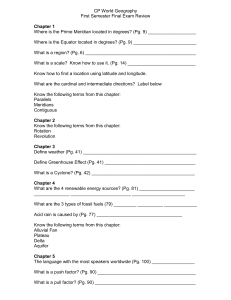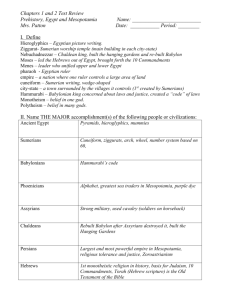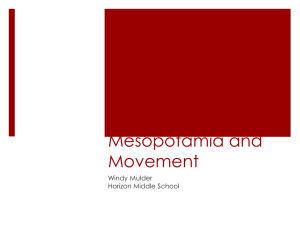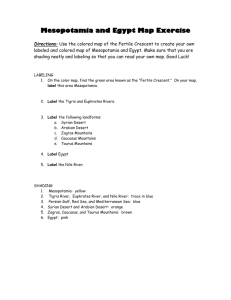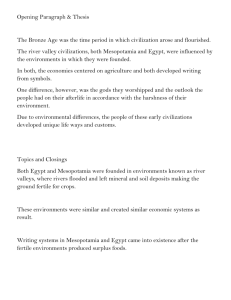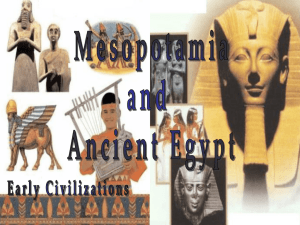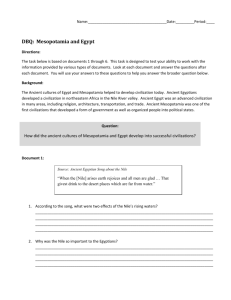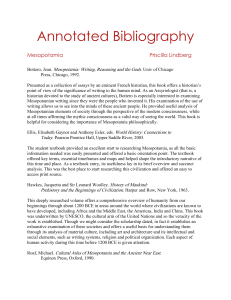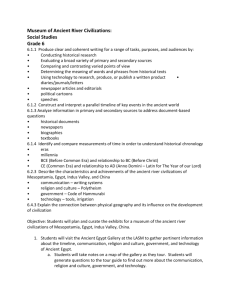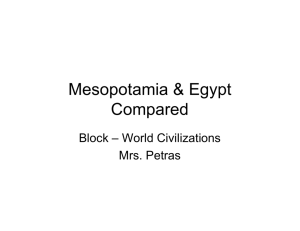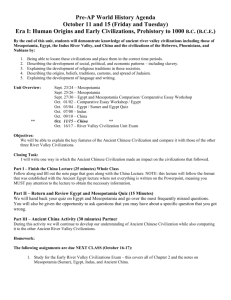Homework Documents 11-03-14 - Challenge Preparatory Charter
advertisement
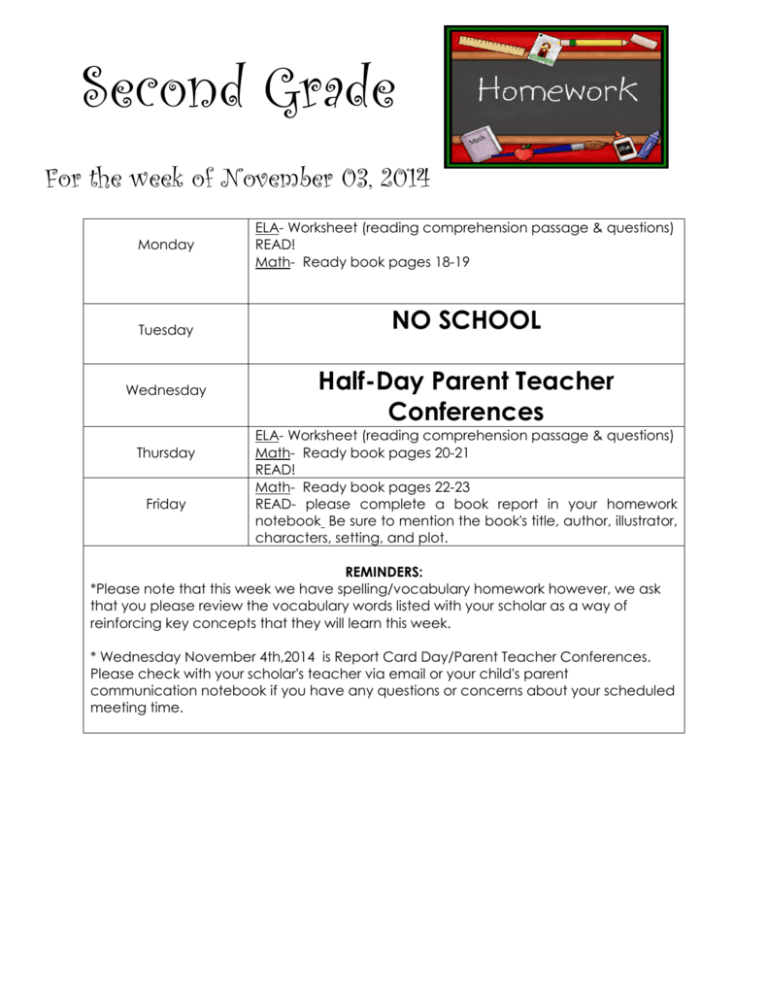
Second Grade For the week of November 03, 2014 Monday Tuesday Wednesday Thursday Friday ELA- Worksheet (reading comprehension passage & questions) READ! Math- Ready book pages 18-19 NO SCHOOL Half-Day Parent Teacher Conferences ELA- Worksheet (reading comprehension passage & questions) Math- Ready book pages 20-21 READ! Math- Ready book pages 22-23 READ- please complete a book report in your homework notebook Be sure to mention the book's title, author, illustrator, characters, setting, and plot. REMINDERS: *Please note that this week we have spelling/vocabulary homework however, we ask that you please review the vocabulary words listed with your scholar as a way of reinforcing key concepts that they will learn this week. * Wednesday November 4th,2014 is Report Card Day/Parent Teacher Conferences. Please check with your scholar's teacher via email or your child's parent communication notebook if you have any questions or concerns about your scheduled meeting time. HOME-SCHOOL CONNECTION - Week of November 3, 2014 *Writing* Informative/Explanatory Writing – Scholars will write informative/explanatory texts in which they introduce a topic, use facts and definitions to develop points, and provide a concluding statement or section. ___________________________________________ *Reading* This week we will be supplying your scholar with some information about the ancient civilizations of Mesopotamia and Egypt in preparation for a Unit about Early Ancient Civilizations. Here are some key concepts that you can review with your scholar: All Civilization have 5 key components: 1. A leader or group of leaders who makes and enforces laws 2. Organized Religion (beliefs in some sort of higher being or beings) 3. Jobs/Social Groups- ways to make money and survive in a society 4. Arts and Architecture- a way to express values or beliefs in a creative way. Building design and structure 5. Writing- a method for keeping records Mesopotamia The land in Mesopotamia was mostly desert. It does not rain very much in the desert. It is so dry that it is hard for many plants and animals to live there. Mesopotamia was a real place and there is a part that isn’t desert where the land is fertile Egypt *Vocabulary* Ancient- Describes the time period in which people lived thousands of years ago. The word ancient means very, very old or long, long ago. Civilizations: A social organization of a high order. Fertile- the soil in these areas is rich in nutrients and water, making it easier for plants and animals Canal- are long paths people dig into the land and fill with water. Canals are used to water crops and are also used by boats for travel and shipping. Cuneiform- Writing using wedge-shaped symbols found in Mesopotamia Scribes- People whose job it is to write things down Symbols,- Pictures or shapes used to stand for something else tablets- A thick, fl at piece of stone, clay, wood, or paper used for writing Priests- Religious leaders Religion-The belief in and worship of a superhuman, controlling power, such as a personal God or gods Temples- Buildings created for worship and practicing religious beliefs Hieroglyphs- Pictures that represent sounds, letters, or words Papyrus- The paper made from the papyrus plant. The ancient Egyptians wrote hieroglyphs on stone, wood, or papyrus. Egyptians are people from or living in Egypt. There were Egyptians living in Egypt around the same time there were people living in Mesopotamia. While people were creating cities and nations in Mesopotamia, the Egyptians, were building another great civilization on the banks of another river, the Nile. Social Studies *New York City Over Time* Math: Change- is the result of something new happening or to make something be different. *Sums and Differences to 20* Module 1 Review _____________________________________________ Science *Technology & Tools* Technology- the use of science to solve problems
